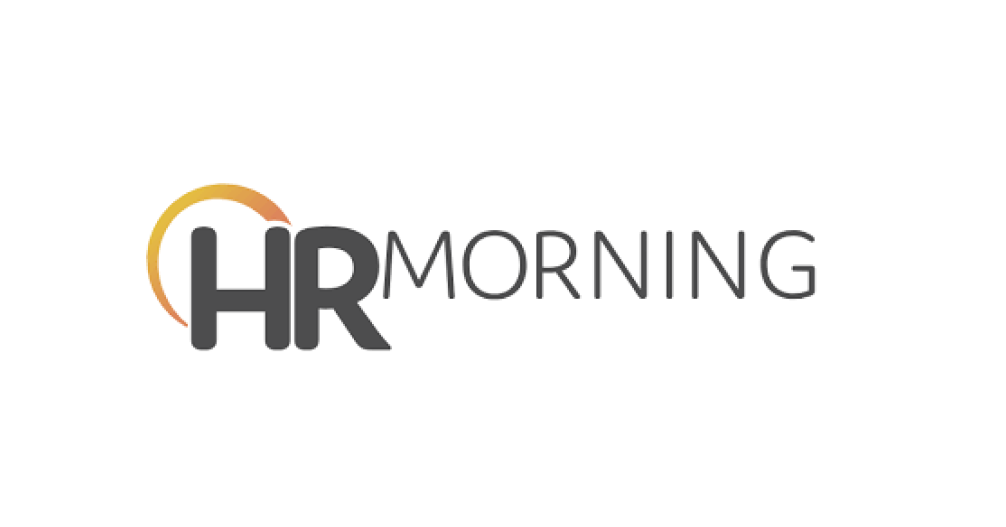Stay in the know
From business announcements to media coverage to executive team insights, stay up to speed on everything Velocity Global.

FEATURED NEWS

Velocity Global Recognized as Leader in Everest Group’s Global EOR PEAK Matrix® for Third Time Running
Velocity Global is recognized as an EOR leader by Everest Group for the third time in a row.

Velocity Global Named a Leader in NelsonHall’s Global Employer of Record (EOR) Evaluation for the Fourth Time in a Row
Velocity Global has been positioned as a leader in the 2024 Vendor Evaluation & Assessment Tool (NEAT) for global EOR services by NelsonHall.

Francoise Brougher Appointed CEO of Velocity Global
Velocity Global announced the appointment of Francoise Brougher as its new Chief Executive Officer. Brougher will continue to serve on the board of directors, which she joined two years ago.
Media Contact
For press or media inquiries, contact news@velocityglobal.com
In the media

AI Will Affect How You Manage Employees: 6 Ways to Handle New Issues
New technologies keep entering our lives and our workplaces. AI is no exception and those who embrace it will get a head-start. It's the people leaders' responsibility to enable their workforce and create an environment in which employees can safely and compliantly learn the ropes, says Velocity Global Chief People Officer Linda Lee.

CPOs And CTOs: 20 Key Ingredients Of A Strong Partnership
In today's fast-paced business environment, alignment and a good working relationship between a company's CTO and CPO can be a critical contributor to a company's success. In this article, Velocity Global CPO Liz Li shares what it takes to create this winning relationship.

From Silicon Roots to Global Routes
Velocity Global CFO Jeff Woolard joins host Jack Sweeney as they talk about what drives him as a CFO, the importance of leading with curiosity, and the significance of making an impact and adding value within an organization.
Company updates

Velocity Global Appoints James Loftus as Chief Financial Officer
Velocity Global, the leading provider of Employer of Record (EOR), today announced the appointment of James Loftus as Chief Financial Officer.

Velocity Global Appoints Dutta Satadip as Chief Business Operations Officer
Velocity Global, the leading provider of Global Workforce Platform & Services, today announced the appointment of Dutta Satadip as Chief Business Operations Officer.

Velocity Global Welcomes Chief Technology Officer Chien-Liang Chou To Its Leadership Team
Velocity Global appoints Chien-Liang Chou as Chief Technology Officer.
Ready to be borderless?

